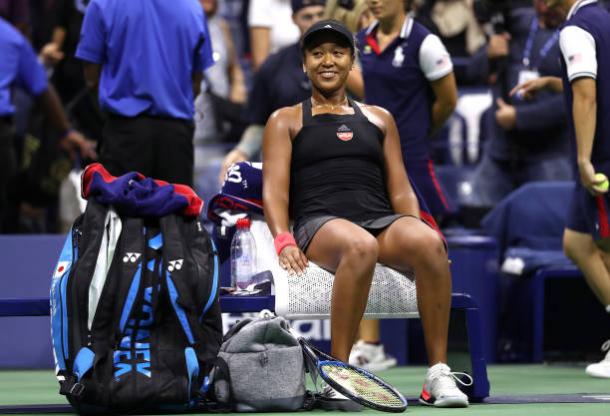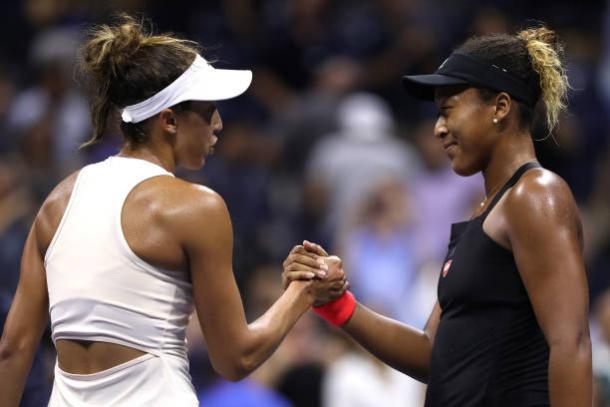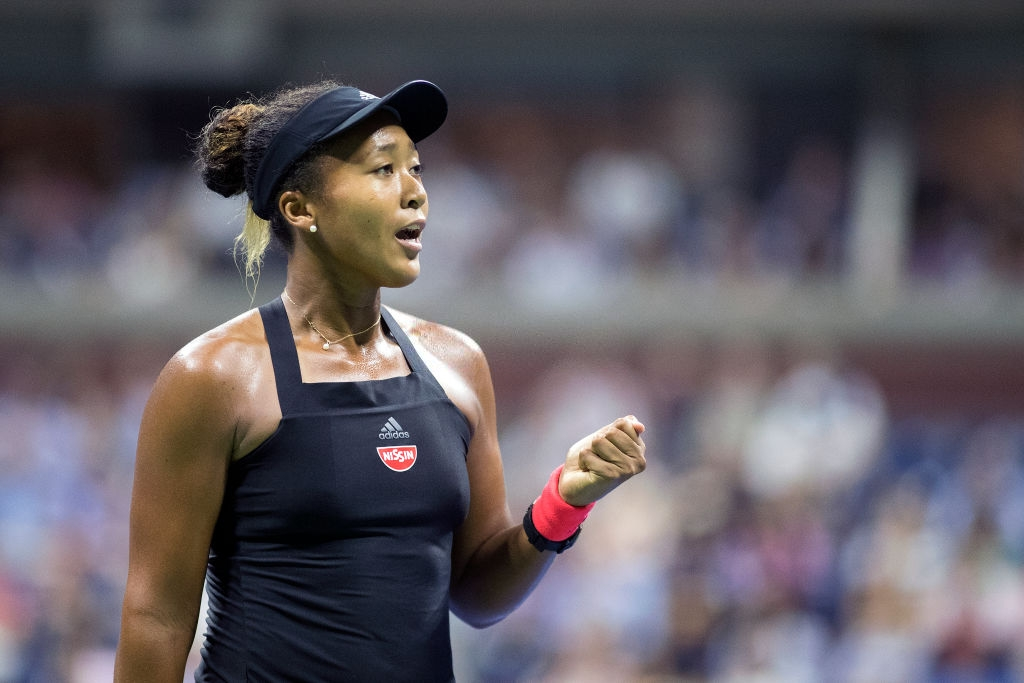The second scheduled semifinal of Day 11 of the US Open this year saw two big-hitters go head-to-head with a place in the championship match at stake. Madison Keys, the runner-up from 12 months ago, took on the story of the tournament, 20-year-old Naomi Osaka, in what was the youngest semifinal clash of the tournament since 2009. Osaka brought up a clinical show to see off her American opponent in straight sets, thus moving into her first Grand Slam final.
Osaka stalls Keys early and sails to lock in first set

Both players traded service holds in the first three games to start off the semifinal clash. In the fourth game, a couple of loose errors from the racket of Osaka gave Keys three chances to break the Japanese player’s serve, the American’s first few opportunities of a total of 13 she had throughout the match. Osaka launched a comeback saving all three break points before another the American forced another error from her to land herself another break point, which Osaka saved with a forehand winner. A couple more errors from Keys ultimately saw Osaka prevail to equalise the score at 2-2.
A sloppy game by Keys ensued which gave Osaka the break advantage. The American then attempted a comeback in the following Osaka service game, but failed once more to convert either opportunities to break her opponent’s serve. Osaka would go on to win the final two games, breaking Keys once more, this time to love, of the set to seal 6-2 in less than 40 minutes of play.
Osaka hangs on to victory
Osaka carried on her momentum going into the second set, breaking Keys once again, and then consolidating the break with a service hold of her own after a forehand unforced error from her opponent’s racket, having need to save six break points in the process. The next five games went by routinely as both players held serve, with just one going to deuce.
With the score now 4-3, and Osaka still up a break, Keys had her sights on another opportunity, her final one of the match, to break back after an Osaka backhand unforced error but could not do so, with Osaka putting a forehand winner to deny the American once again. The Japanese player held serve eventually and is now a game away from the final. A love-hold from Keys, which she finished with ace, followed after that, before Osaka successfully served out the match with a service winner to win 6-2, 6-4, in 85 minutes.

Although Keys recorded a greater percentage of first serves and first serve points won, her second serves let her down as she won just 5 out of 13 points (38%) behind them as opposed to Osaka who won 15 over 26 (58%). Osaka was more successful at the net, winning all five points at the net compared to her opponent’s three over eight.
Keys was also unsuccessful in all 13 of her break point chances while Osaka converted 75% of the four similar opportunities she had. The American did make more winners than her Japanese opponent (23 to 12), but her 32 unforced errors outnumbered her opponent’s cleaner total of 12.
Up next
Osaka will take on the 17th seed and 23-time Grand Slam winner Serena Williams in the final. It will be the pair’s second meeting overall, with Osaka prevailing in straight sets in their first clash in Miami earlier this year. Osaka will seek to become the seventh player, and woman, born in the 1990s to win a Grand Slam singles title while Williams will attempt to equal the record of 24 Grand Slam singles title set by Margaret Court, as well as surpass Chris Evert to set a new record of most US Open singles titles won, at seven.










































